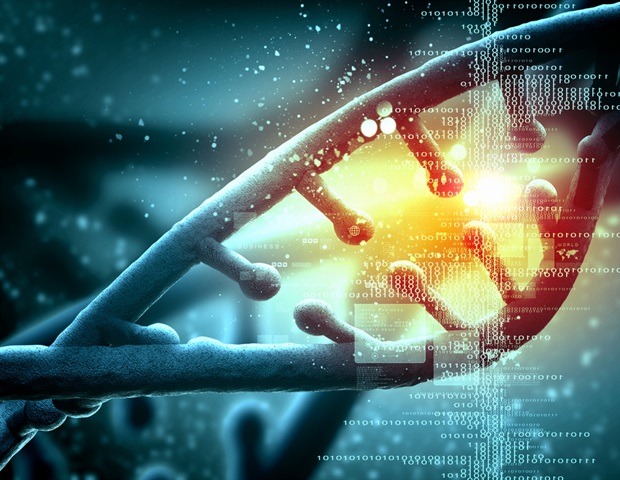Estrogens are known to drive tumor growth in breast cancer cells that carry its receptors, but a new study by Duke Cancer Institute researchers unexpectedly finds that estrogens play a role in fueling the growth of breast cancers without the receptors, as well as numerous other cancers. Appearing Sept. 27 in the journal Science Advances , the researchers describe how estrogens not only decrease the ability of the immune system to attack tumors, but also reduce the effectiveness of immunotherapies that are used to treat many cancers, notably triple-negative breast cancers.
Triple-negative breast cancers are an aggressive form of disease that are negative for estrogen, progesterone, and the HER2 receptor proteins Informed by retrospective analysis of patient data and experiments in mice, the researchers found that anti-estrogen drugs reversed the effects of estrogens, restoring potency to immunotherapies. The treatment for triple-negative breast cancer has been greatly improved with the advent of immunotherapy ." Donald McDonnell, Ph.
D., senior author, professor in the departments of Medicine, Pharmacology and Cancer Biology, and Cell Biology at Duke University School of Medicine "Developing ways to increase the anti-cancer activity of immunotherapies is a primary goal of our research," McDonnell said. "Here we have found a simple way bolster the effectiveness of immunotherapy for this type of breast cancer and the benefit was even seen in other cancers, including melanoma and .


















